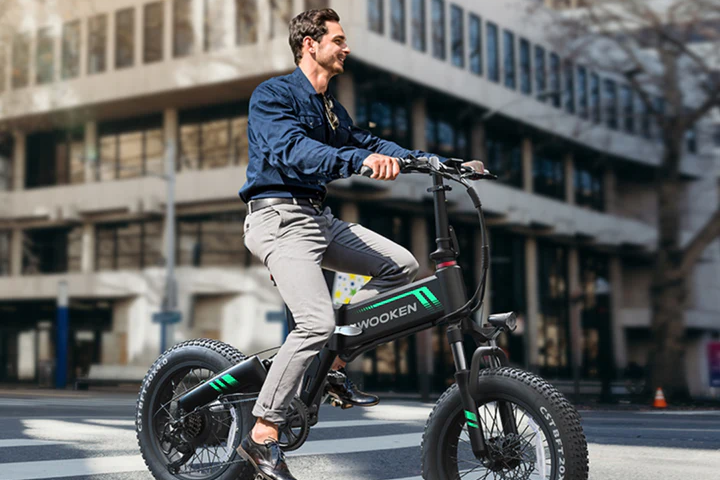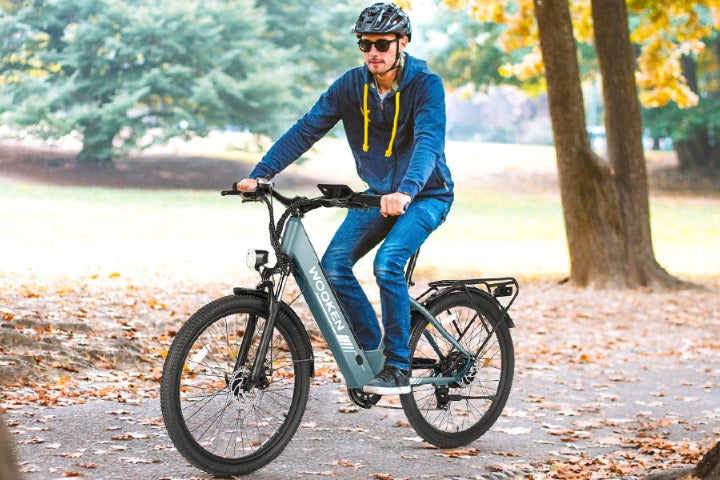The rise of e-bikes: a sustainable and efficient mode of transportation

In recent years, e-bikes have become increasingly popular as a sustainable and efficient mode of transportation. With growing concerns about environmental protection and demand for alternative transportation options, e-bikes have become a viable solution for urban commuting and recreational activities.
Electric bicycles, also known as e-bikes, are equipped with an electric motor to assist the rider in pedaling. This feature enables riders to travel longer distances and tackle challenging terrain with ease, making it an attractive option for commuters and outdoor enthusiasts. The ability to switch between pedal assist and full electric modes gives the rider the flexibility to choose the level of assistance required, making it suitable for a wide range of users.
One of the main advantages of e-bikes is their environmental friendliness. By reducing reliance on traditional fuel-powered vehicles, e-bikes help lower carbon emissions and help combat air pollution. This makes them an attractive option for individuals looking to reduce their carbon footprint and contribute to a cleaner environment.
Additionally, e-bikes offer a cost-effective and convenient alternative to traditional modes of transportation. As fuel prices rise and urban traffic congestion increases, e-bikes offer a practical solution for daily commuting. They also eliminate the need for parking fees and provide a more efficient way to navigate congested city streets.
In addition to their practicality, e-bikes promote healthier lifestyles by encouraging physical activity. While the electric motor provides assistance, the rider still pedals, which is a low-impact exercise. This makes e-bikes ideal for those who want to incorporate physical activity into their daily lives without undue effort.
The advancement of electric bicycle technology has also led to the development of fashionable design, catering to the aesthetic preferences of modern consumers. With a variety of models available, riders can choose from a variety of styles and features that suit their personal needs and preferences.
As demand for e-bikes continues to grow, infrastructure and policies are needed to support their integration into existing transportation systems. This includes implementing dedicated bike lanes, charging stations and regulations to ensure the safe and responsible use of e-bikes.
In summary, e-bikes have become a sustainable and efficient mode of transportation, bringing many benefits to the rider and the environment. With their environmental friendliness, cost-effectiveness and promotion of physical activity, e-bikes are expected to play an important role in shaping the future of urban transportation. With the continuous development of technology, electric bicycles will undoubtedly become an integral part of the transportation field, providing a more environmentally friendly and convenient way to travel.










